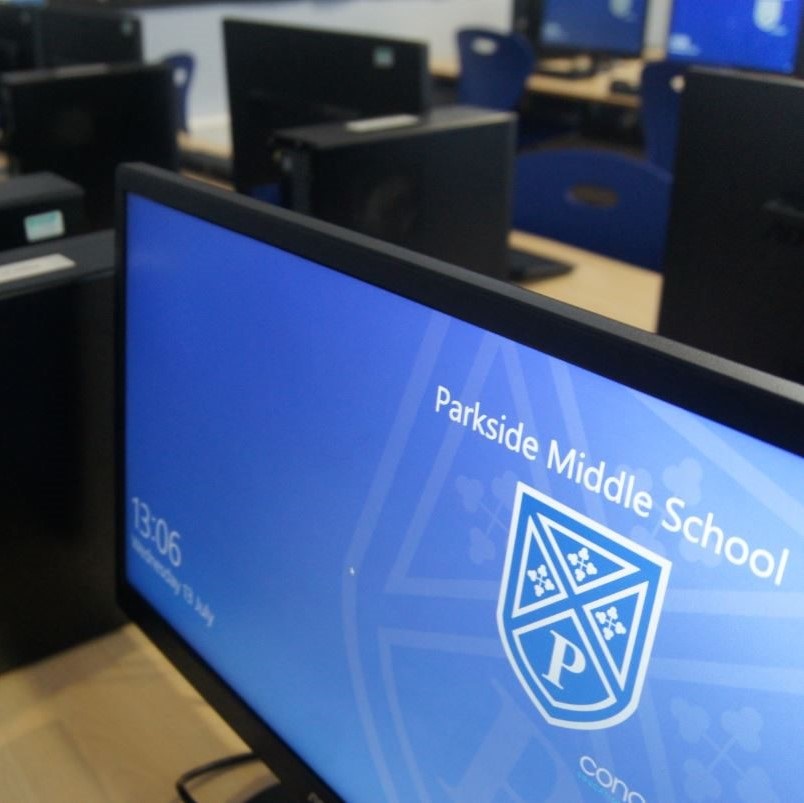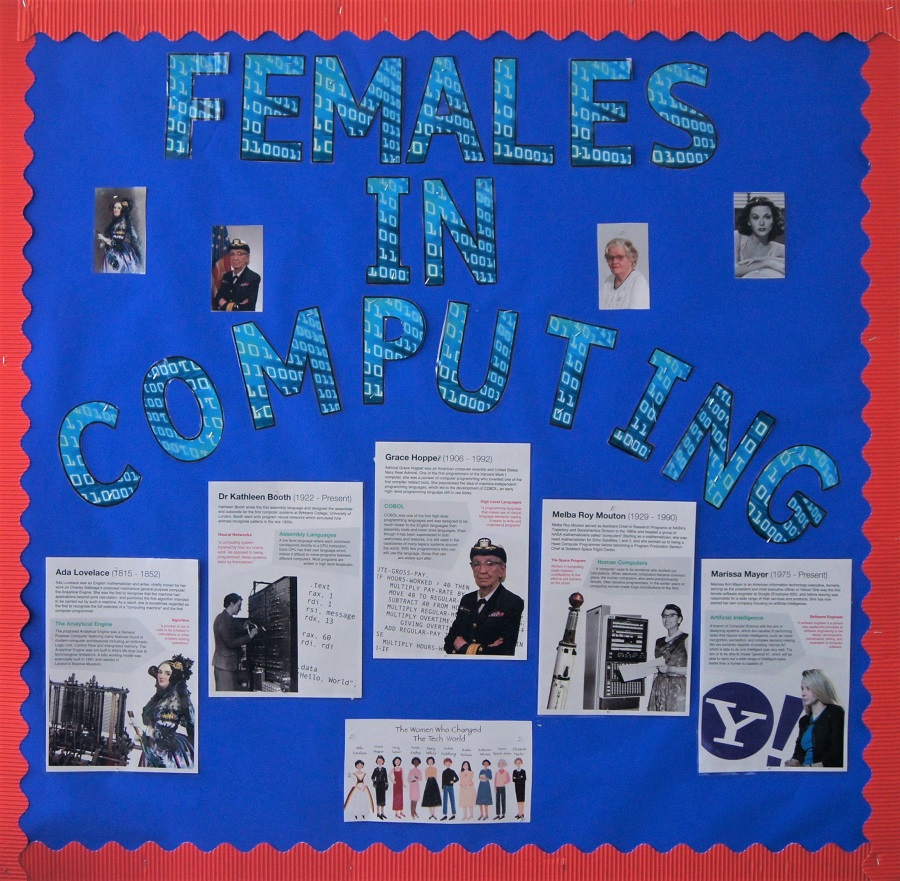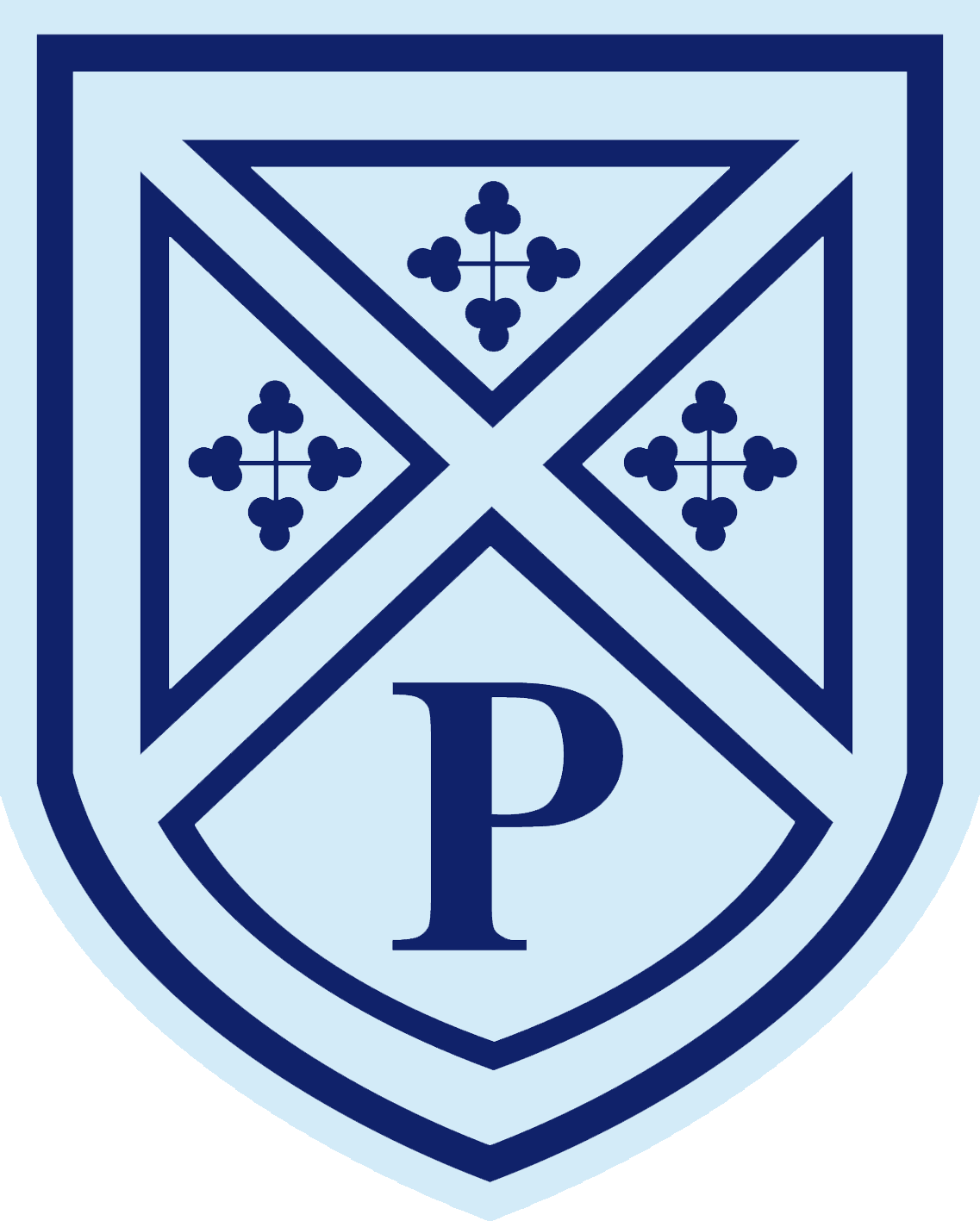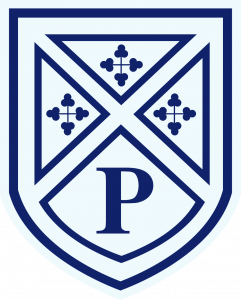Choose a Subject
Computing at Parkside Middle School develops ‘thinkers of the future’ through a modern, ambitious, and relevant Computing curriculum. Pupils are equipped to use computational thinking and creativity that enables them to become active participants in the digital world. It is important to us that pupils understand how to use the ever-changing technology to express themselves, as tools for learning and as a means to drive their generation forward into the future.
The Computing curriculum at Parkside is aspirational and has been developed to challenge and inspire pupils to be leaders in an ever-changing digital world. Our pupils are taught a mastery curriculum using research led computing pedagogies that cover all three strands of the curriculum:
- Computer Science
- Information Technology
- Digital Literacy (including E Safety)
Pupils gain a deep, long-term, secure, and adaptable understanding of the subject, being taught by subject specialists who inspire and enthuse. Pupils are supported to apply their learning to new situations in unfamiliar contexts and to problem-solve using technology and knowledge.
Whilst ensuring they understand the advantages and disadvantages associated with online experiences, we want pupils to develop as respectful, responsible, and confident users of technology, aware of measures that can be taken to keep themselves and others safe online.
Our aim is to provide a Computing curriculum that is designed to balance acquiring a broad and deep knowledge alongside opportunities to apply skills in various digital contexts. Beyond teaching Computing discretely, we give pupils the opportunity to apply and develop what they have learnt across wider learning in the curriculum.
What is distinctive about computing at Parkside Middle School:
Choose a Year Group
Year 5
In Computing, the pupils will demonstrate and learn how to use various types of programming languages combined with an array of software. The programming language we use in Year 5 is Scratch; this allows us to think computationally, along with learning how to be safe on the internet.
Year 5 Long Term Plan
Unit 1 – Logging on/ Baseline
Unit 2 – Internet Safety/ Keeping Yourself Safe
Unit 3 – Computational Thinking
Unit 4 – Creating Documents/ Computing Skills
Unit 5 – We Are Game Developers
Unit 6 – Excel
Unit 7 – Around the World

Year 6
In Computing, the pupils will demonstrate and learn how to use control (Flowol, a flowchart software) to programme devices, along with learning how to be safe on the internet. An exciting programme the children use in Year 6 is Google Sketch Up, which allows the students to use 3D architectural software.
Year 6 Long Term Plan
Unit 1 – Internet Safety
Unit 2 – Spy School
Unit 3 – Computational Thinking
Unit 4 – Control/Flowol
Unit 5 – Scratch Expert
Unit 6 – Google Sketch Up

Year 7
Computing modules in Year 7 explore internet safety, Micro:bits – a programmable computer chip, Data Representation- How a computer interprets human interaction, sequencing, Excel and an introduction to Python- a text based programmable language.
Year 7 Long Term Plan
Unit 1 – Internet Safety
Unit 2 – Micro:bits - Programming
Unit 3 – Data Representation
Unit 4 – Excel
Unit 5 – Python
Year 8
Computing modules in Year 8 explore internet safety, computational thinking - understanding decomposition, algorithms, sequencing and repetition, HTML- website production, hardware/software, networking, and Python- a text based programmable language.
Year 8 Long Term Plan
Unit 1 – Internet Safety
Unit 2 – Computational Thinking
Unit 3 – HTML
Unit 4 – Hardware/Software/Technology
Unit 5 – Networking
Unit 6 – Data Representation Recap
Unit 7 – Python

